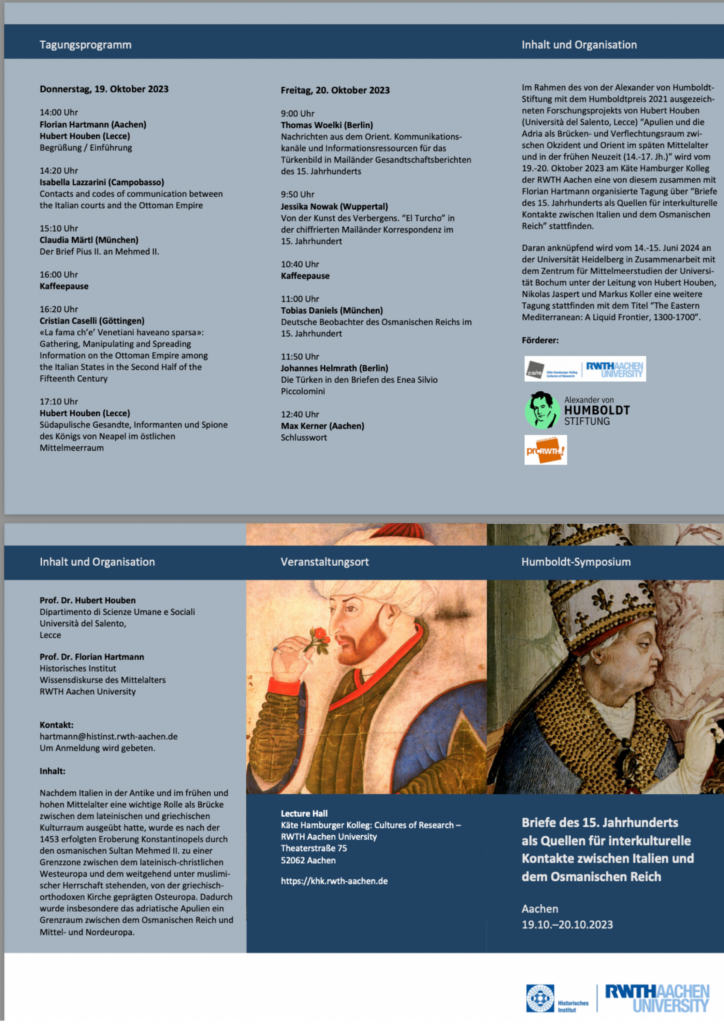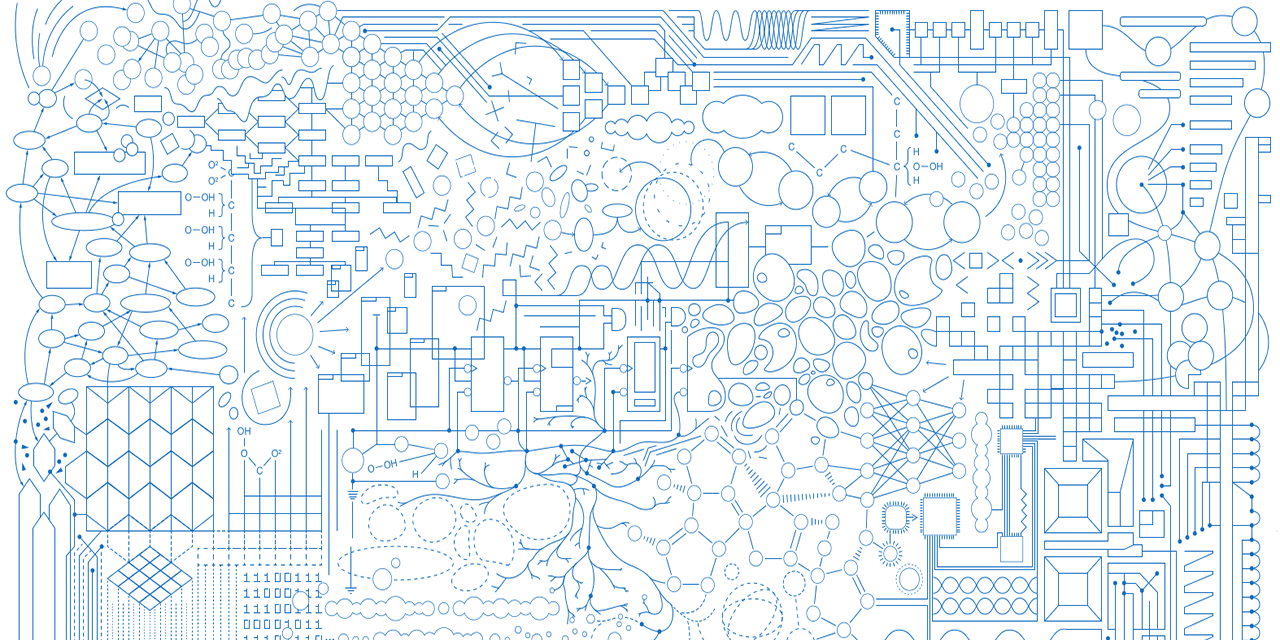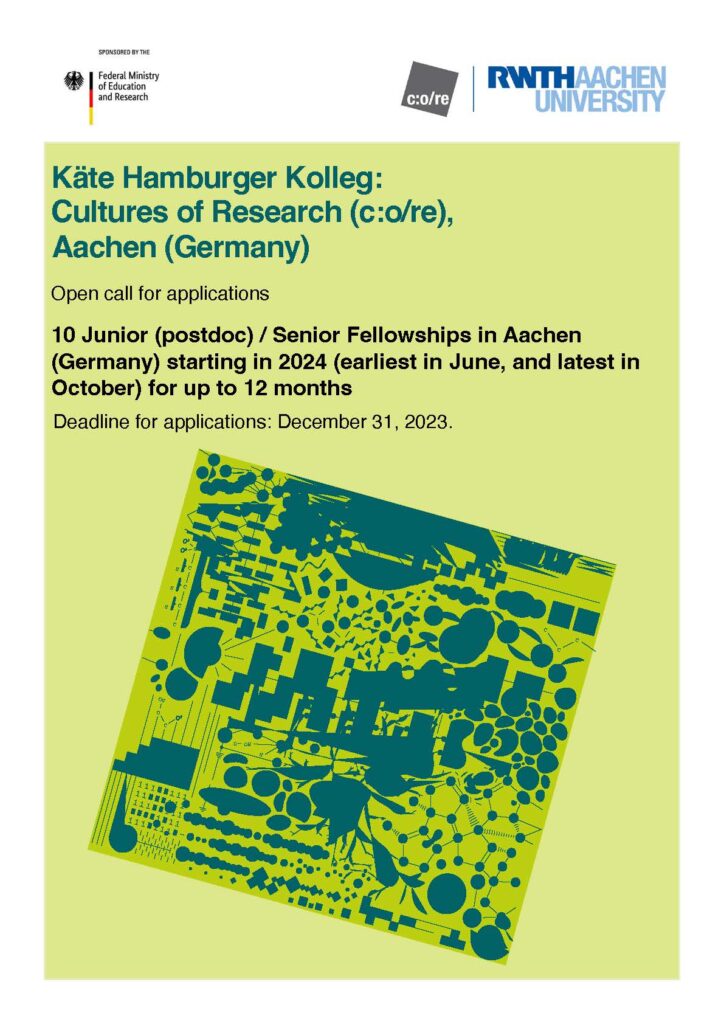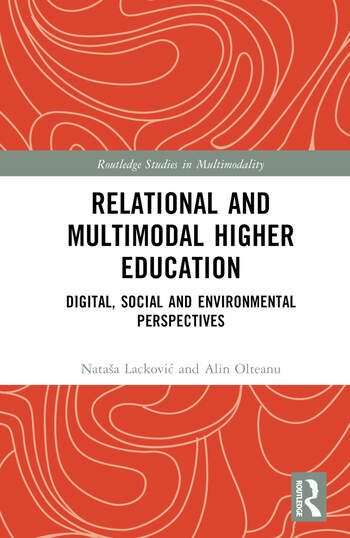Objects of Research
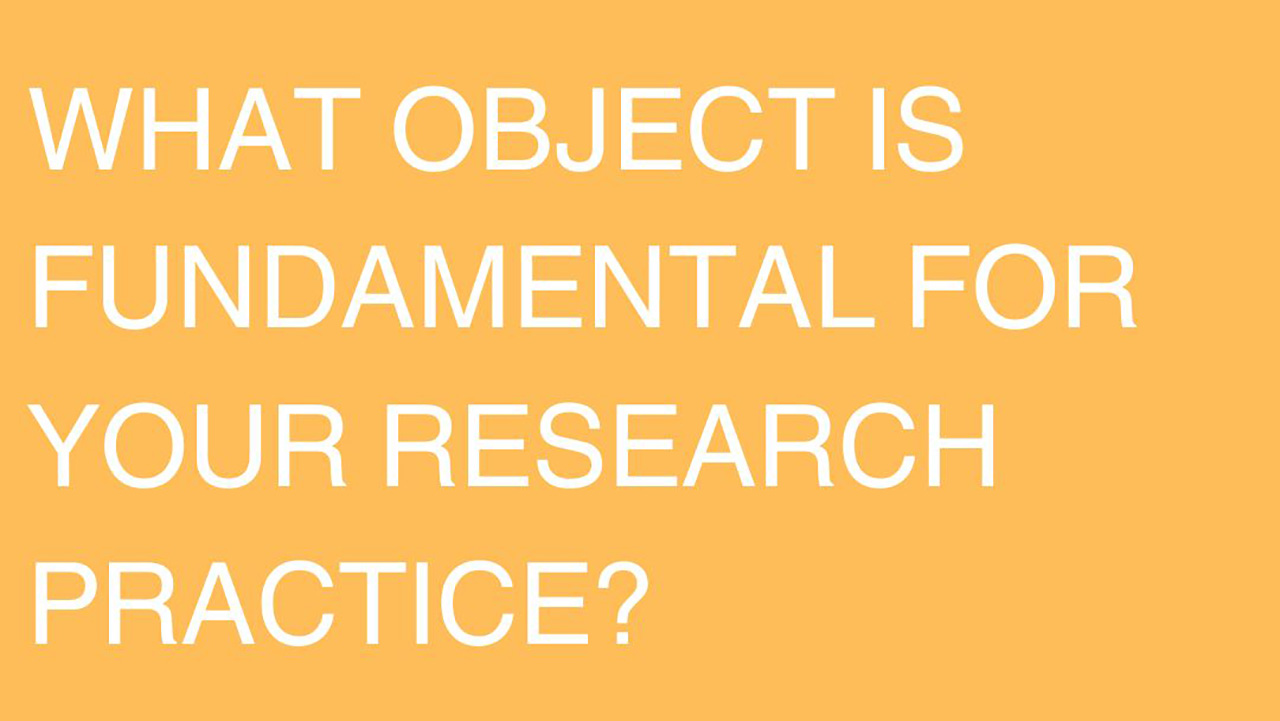
Being in the third year of our Fellowship Program, c:o/re is accumulating a remarkable variety of perspectives revolving around its main focus, research on research.
Questions tackled in this lively research environment are highly interesting and exciting and, as such, complex. The meeting of distinct research cultures may stir curiosity but may also leave one wondering what is the other even talking about… What are they studying?
To offer an insightful glimpse into the lively dialogues here, bridging and reflecting on diverse academic cultures, we are launching the blog series “Objects of Research”.
We asked current and alumni c:o/re fellows and academic team to show us an object that is most important for their research in order to understand how they think about their work.
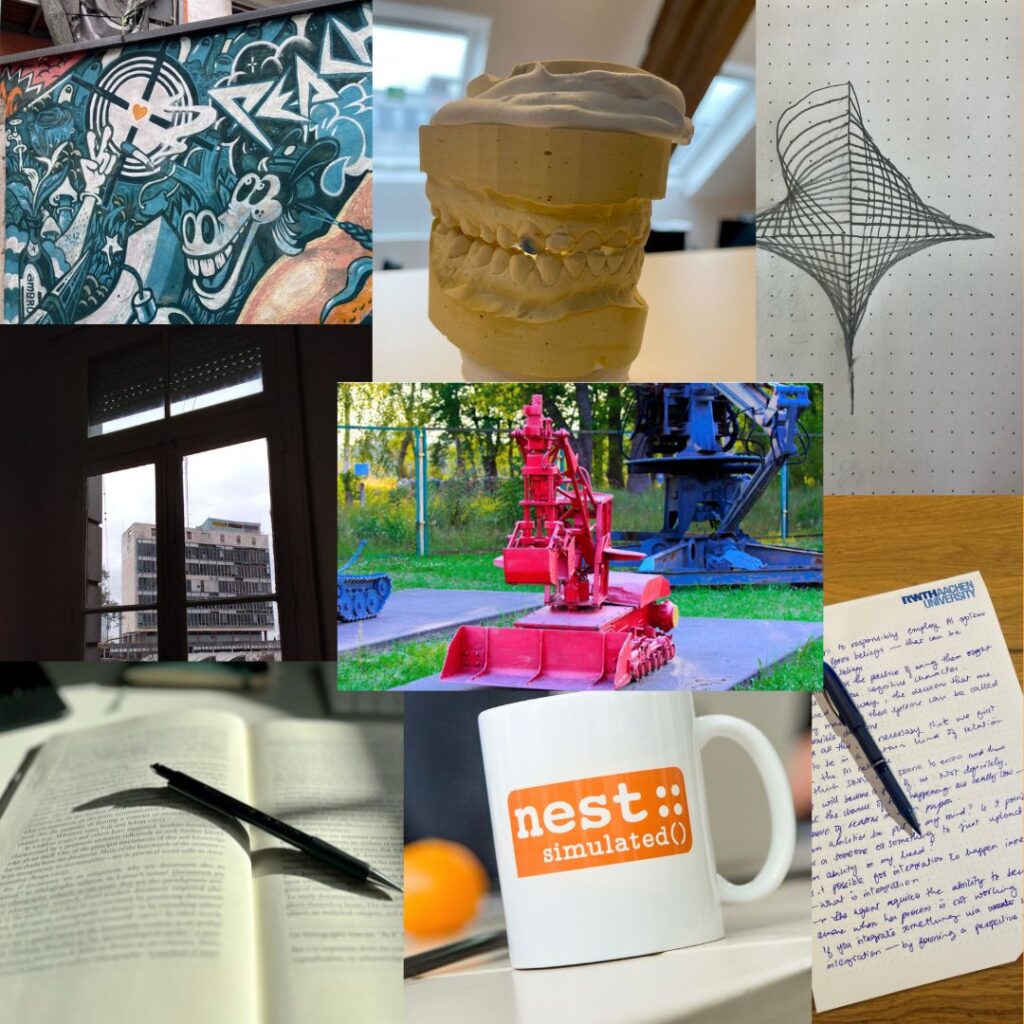
We anticipate that a first insight into a researcher’s academic culture stems already from seeing what does the word object mean for them.
We will publish the answers to their questions every Friday here and on Instagram.
We wish you exciting insights!
Here you will find all the answers that have already been published:
Get to know our fellows: Marcus B. Carrier
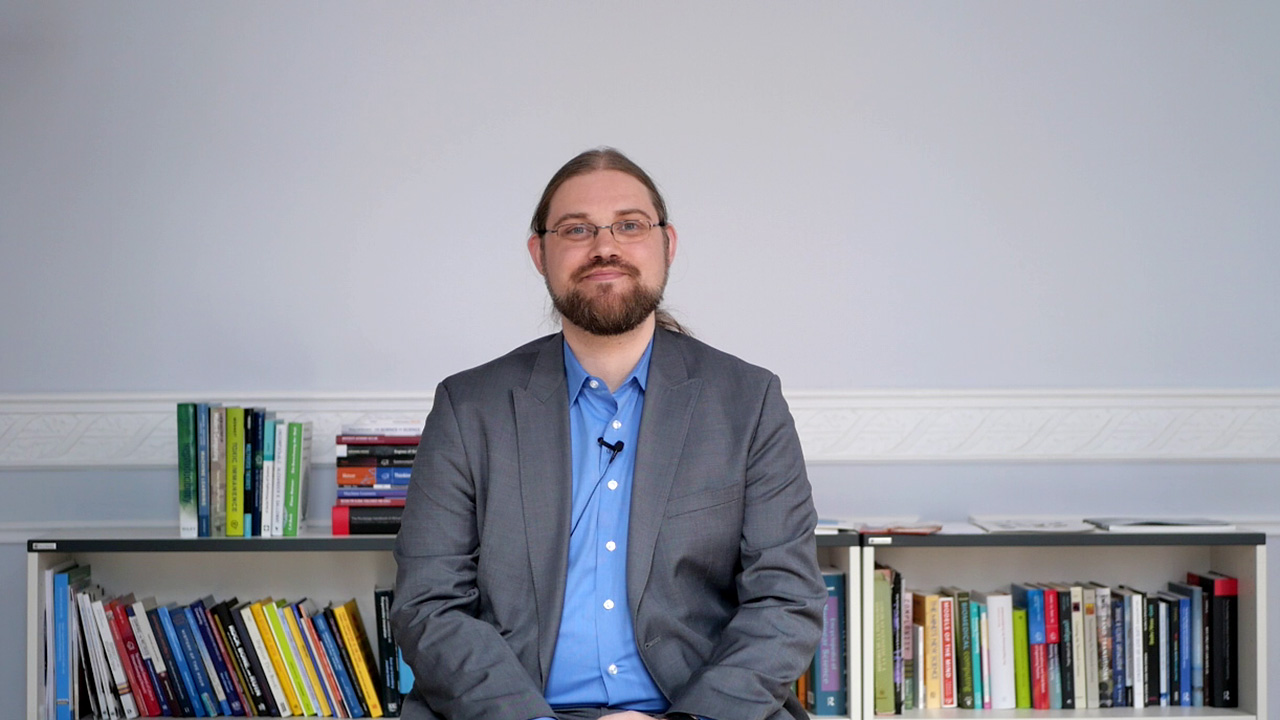
Get to know our current fellows and gain an impression of their research.
In a new series of short videos, we asked them to introduce themselves, talk about their work at c:o/re, the impact of their research on society and give book recommendations.
You can now watch the first video of the historian of science Marcus B. Carrier on our Youtube channel:
Toxic Material(itie)s: Eco-Material Entanglements in Art
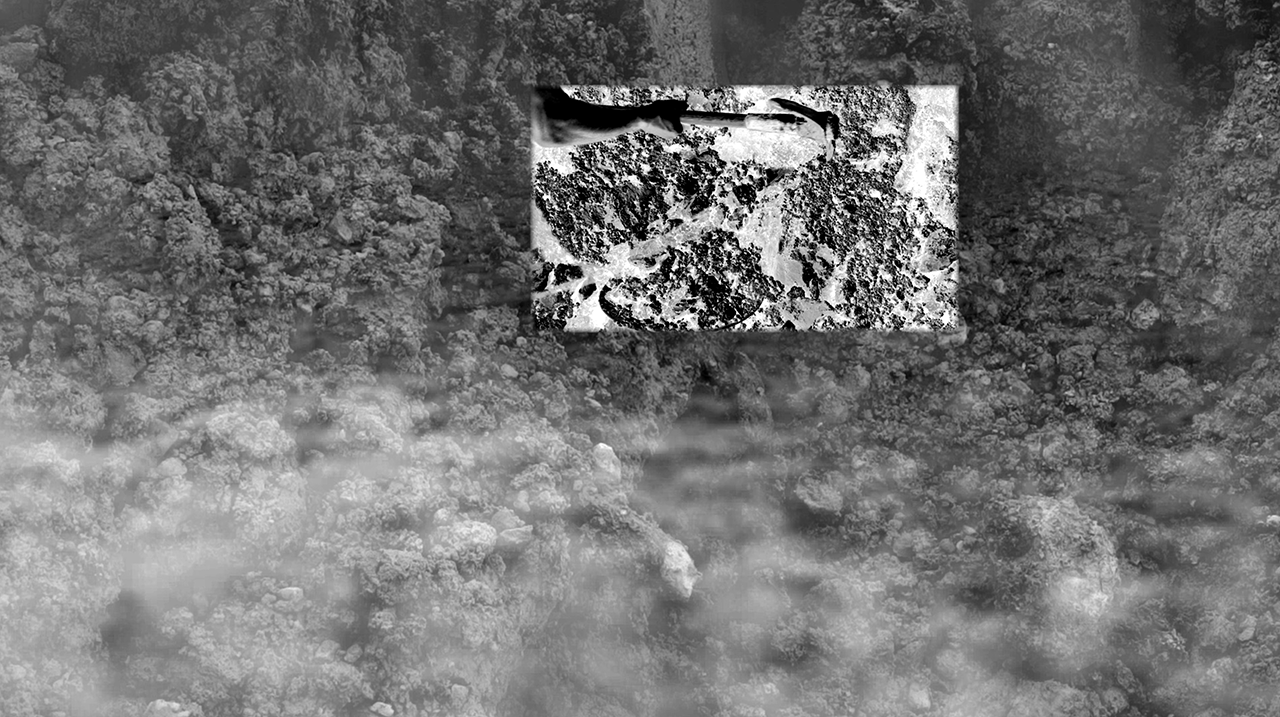
Workshop at the Käte Hamburger Kolleg: Cultures of Research (c:o/re)
6 – 7 December 2023
Organized by
Käte Hamburger Kolleg: Cultures of Research (c:o/re) &
Christian Berger (Universität Siegen), Ruby de Vos (University of Groningen),
Kyveli Mavrokordopoulou (Vrije Universiteit Amsterdam)
Our workshop sets out from the obvious, yet underexplored assumption, that much of the very stuff that art is made of is toxic. Whether working in the studio, in the dark room, in the quarry, or at contaminated sites, artists have been, and continue to be, exposed to a wide range of toxic materials. But exposure always goes hand in hand with its inevitable corollary, pollution—from the dumped toxic waste generated by the production of photographic materials to the air and water pollution generated by marble extraction. The toxicity of artistic materials extends far beyond the hazards of the artist’s job—they are part of larger environmental issues. So what can we learn when we explore artworks through the lens of their materiality within an expanded frame that is attentive to their art historical as well as environmental and sociopolitical context?
See the full program here.
To attend, please register with events@khk.rwth-aachen.de

Call for Applications 2024/25
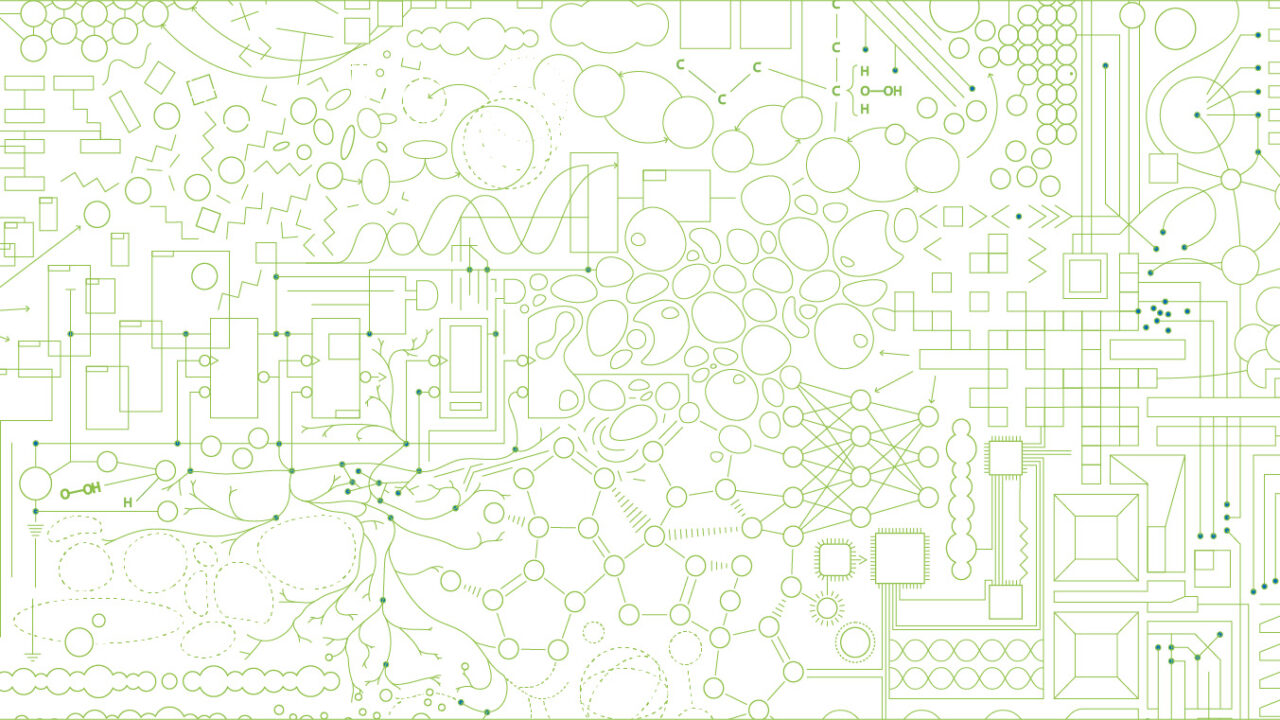
We are excited to announce that the call for applications for fellowships at c:o/re in 2024/25 is now open.
The Käte Hamburger Kolleg: Cultures of Research (c:o/re) is offering ten fellowships to junior and senior researchers from the humanities, social sciences or STS as well as from natural, life and technical sciences for the academic year 2024/25.
The fellowships can start between June and October 2024.
You can find all information about the current call for applications on this webpage.
Applications must be submitted via our online application platform. The deadline for applications is December 31, 2023.
If you have questions regarding the application process, please have a look at the FAQs on our website or write us an email at info@khk.rwth-aachen.de.
c:o/re meets “Leonardo”

We are excited that the Käte Hamburger Kolleg: Cultures of research (c:o/re) is participating in the “Leonardo” project at RWTH Aachen University this winter semester.
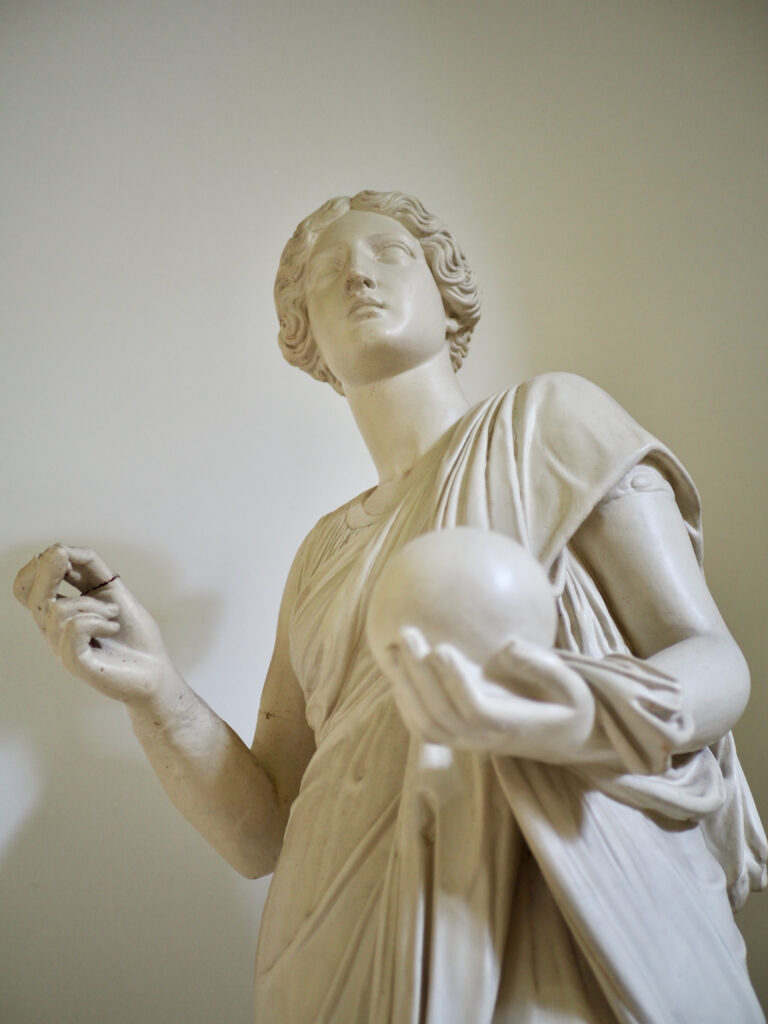
Together with some of our fellows, c:o/re is offering the course “Engineering Life. Imaginaries of Lifelikeness”, which will explore the topic of “Lifelikeness” from different disciplinary perspectives, such as the life and technical sciences, the humanities, art history and science journalism.
The “Leonardo” lectures are open to all RWTH students, regardless of which discipline they study and therefore share the same goal as c:o/re in promoting lecturers and students to use their subject-specific knowledge in a broader context to investigate the challenges within society and science.
You can read more about the “Leonardo” project on their website.
Arbeitsgruppe: Technofeminismus. Feministische Perspektiven auf Wissenschaft und Technik
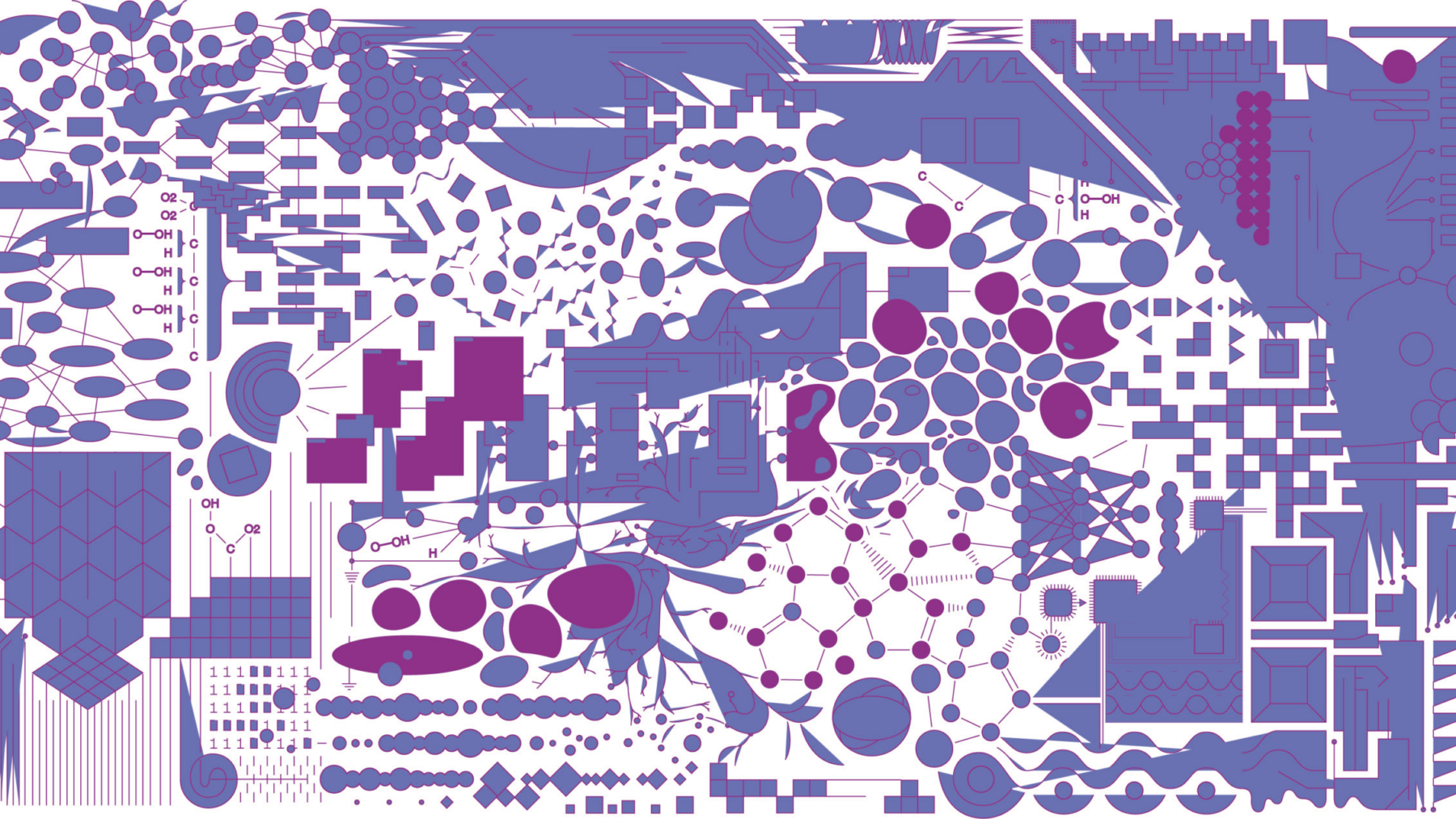
Ist Technologie neutral oder kann sie sexistische Vorurteile beinhalten? Welche Formen der Ausbeutung von FLINTA* (Frauen, Lesben, intergeschlechtliche, nichtbinäre, trans und agender Personen) entstehen durch digitale Arbeit? Was lehrt uns der Schwarze Feminismus über digitale und technische Formen der Ausbeutung und Geschlechterungerechtigkeit? Können wir feministisch handeln und Objektivität in der Wissenschaft beanspruchen?
Ab dem kommenden Semester wird es an der RWTH Aachen eine Arbeitsgruppe geben, in der diese Fragen gestellt werden. In der Gruppe wird anhand von Texten oder Videobeiträgen diskutiert, die von den Teilnehmenden der Arbeitsgruppe vorgeschlagen werden können.
Erstes Treffen: 17.10.23 um 15.00 Uhr in der Theaterstraße 75, Aachen.
Die Gruppe ist offen für alle Studierenden und Dozent*innen der RWTH Aachen. Es sind keine Vorkenntnisse erforderlich. Wir bitten nur um eine Anmeldung unter: technofeminismus@khk.rwth-aachen.de
Bei Fragen, Anregungen oder Ideen kannst Du uns gerne eine E-Mail schreiben.
New book – Relational and multimodal higher education: Digital, social and environmental perspectives
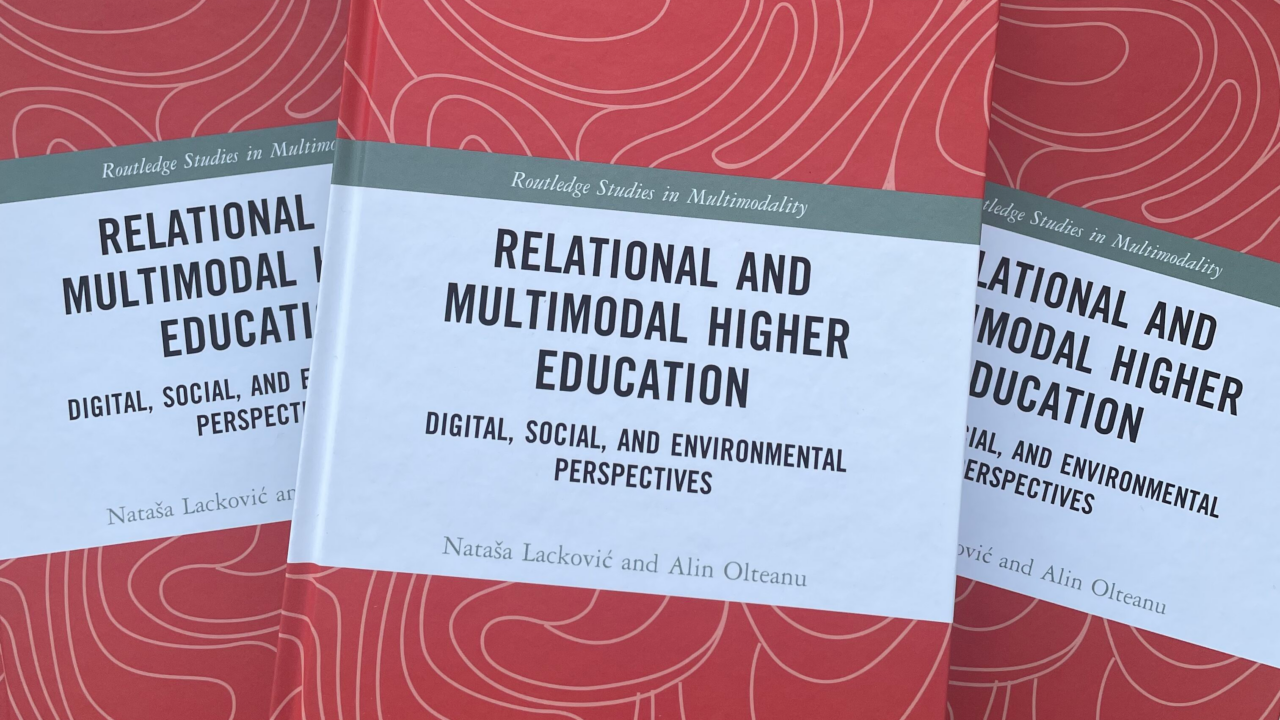
The new book by Dr. Natasa Lackovic (Lancaster University) and c:o/re team member Dr. Alin Olteanu has just been published in the book series Routledge Studies in Multimodality, managed by Professor Kay O’Halloran.
The book Relational and Multimodal Higher Education: Digital, Social and Environmental Perspectives proposes a relational turn by conceptualizing knowledge and pedagogy as relational and multimodal, analyzed through three dimensions of relationality: social, technological, and environmental.
The volume draws on interdisciplinary approaches that make a case for integrating these interconnected and distinct dimensions in higher education theory and practice. Its novelty lies in combining such a variety of perspectives with Peircean semiotics to explore what it means to learn and live relationally. It emphasizes the importance of critical reflection, rooted in an environmental understanding of knowledge and digital media. This approach integrates materiality, place, and space in higher education, positioning caring, critically reflective and imaginative interactions and interpretations as central for knowledge growth. The volume features practical case studies of relational pedagogy through dialogues with diverse higher education practitioners, which embrace expression and creation through more than one dominant modality of communication and being. The book envisions students and educators as relational agents, with relational awareness and responsibility, aware of their multimodal identities. It highlights how a relational multimodal paradigm can serve as a way forward for universities to address global challenges concerning social, (post)digital, and environmental futures.
This innovative book should be of interest to scholars, students, teachers, and policymakers in higher education, semiotics and multimodality, as well as postdigital, sociomaterial and futures studies.
Lecture Series Winter 2023/24: Lifelikeness
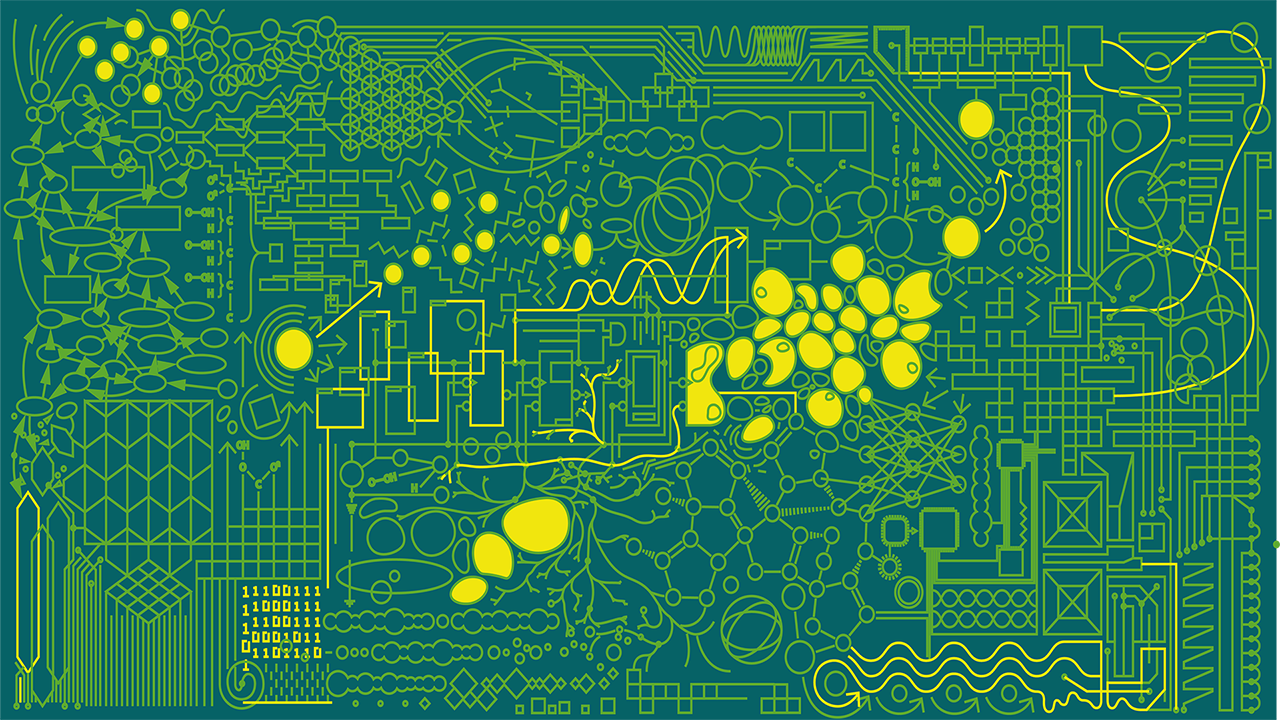
We are happy to announce the program for our Lecture Series during the winter 2023/24. The topic of this semester’s series of lectures is Lifelikeness.
Our invited speakers will explore Lifelikeness through different disciplinary perspectives, such as life and technical sciences, humanities, art history and science journalism.
Please find an overview of the dates and speakers in the program.
The lecture series takes place in presence and online from October 25h, 2023 to February 7th, 2024, Wednesdays from 5 to 6.30 pm. Please register with events@khk.rwth-aachen.de.
| 25.10.2023 Gabriele Gramelsberger (RWTH Aachen University): Life from scratch | ||
| 08.11.2023 Andrei Korbut (University of Bremen, c:o/re Fellow): Robot, a Laboratory “Animal”: Producing Knowledge through and about Human-Robot Interaction | ||
| 22.11.2023 Emre Neftci (Forschungszentrum Jülich): Neuromorphic Computing: Inspiration from the Brain for Future AI Technologies | ||
| 06.12.2023 Esther Leslie (Birkbeck, University of London): Art’s Mediation as Remediation: On Some Artworks and their reuses of Toxic Materials | ||
| 10.01.2024 Massimiliano Simons (Maastricht University): Towards an Ecology of Technoscience | ||
| 24.01.2024 Ben Woodard (ICI Berlin): Flowers for Agouti: Epigenetics and the Genealogy of Uplift | ||
| 07.02.2024 Michael Friedman (Tel Aviv University, c:o/re Fellow): Bio-inspired Materials and Dreams of Inspiration |
Lecture and discussion with Phil MacNaghten: The knowledge politics of making anticipatory knowledge
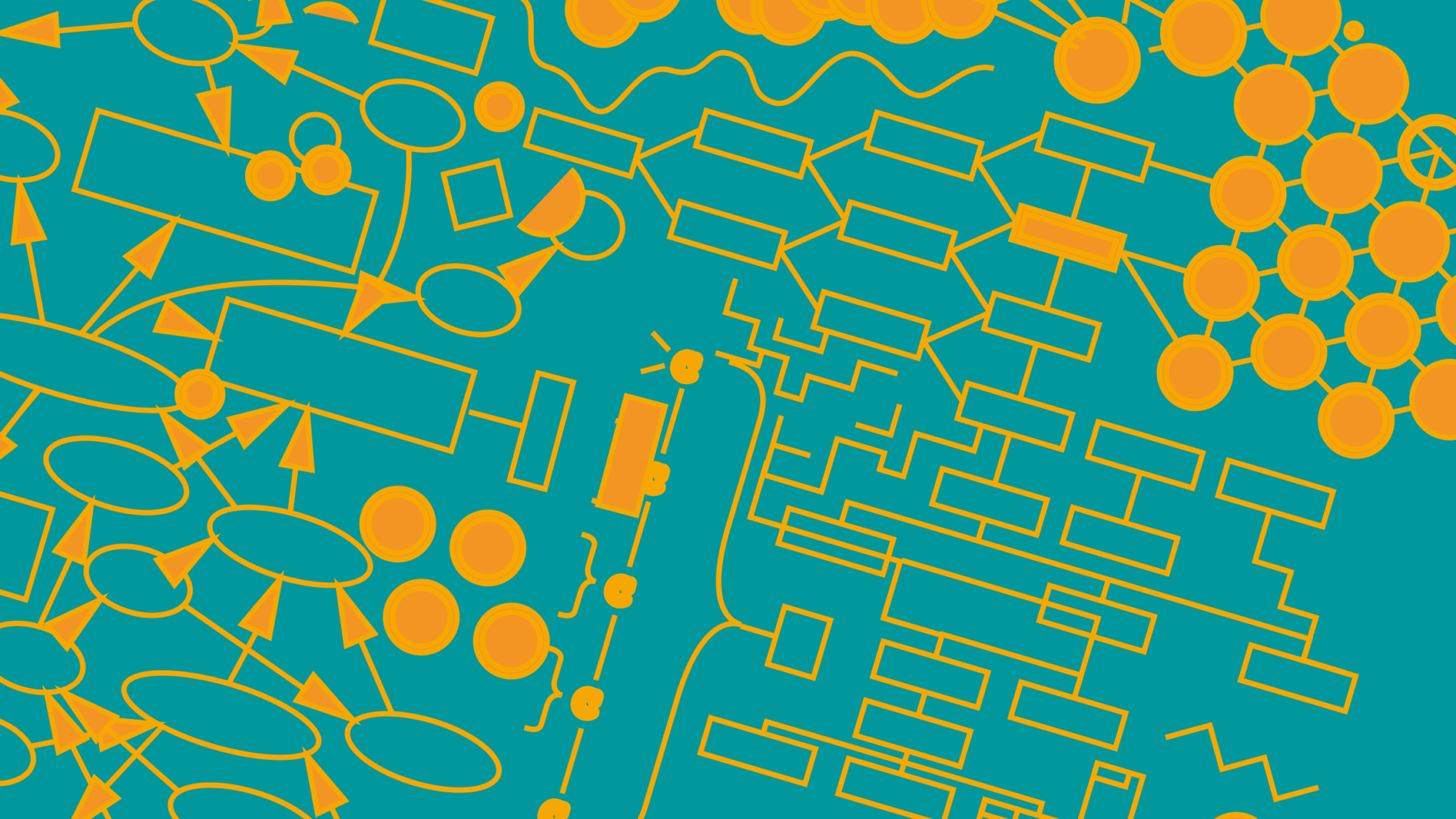
On October 12, Phil Macnaghten will give a talk at c:o/re about The knowledge politics of making anticipatory knowledge. This event is part of the 5th STS-Forum at RWTH Aachen University.
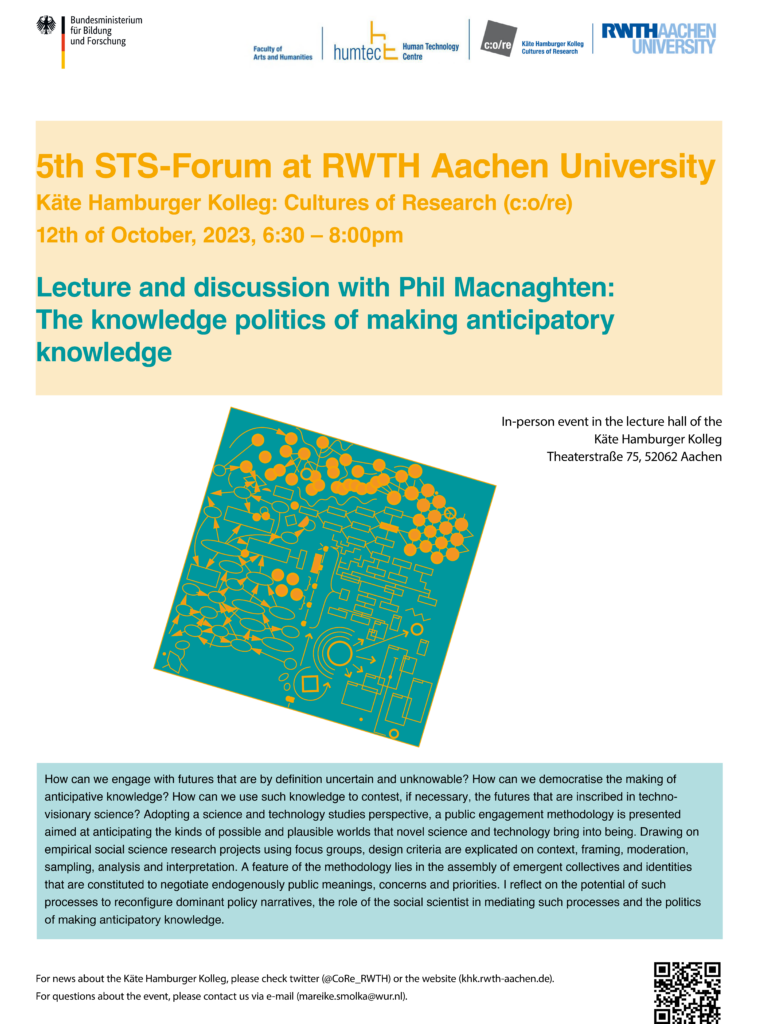
Tagung: Briefe des 15. Jahrhunderts als Quellen für interkulturelle Kontakte zwischen Italien und dem Osmanischen Reich
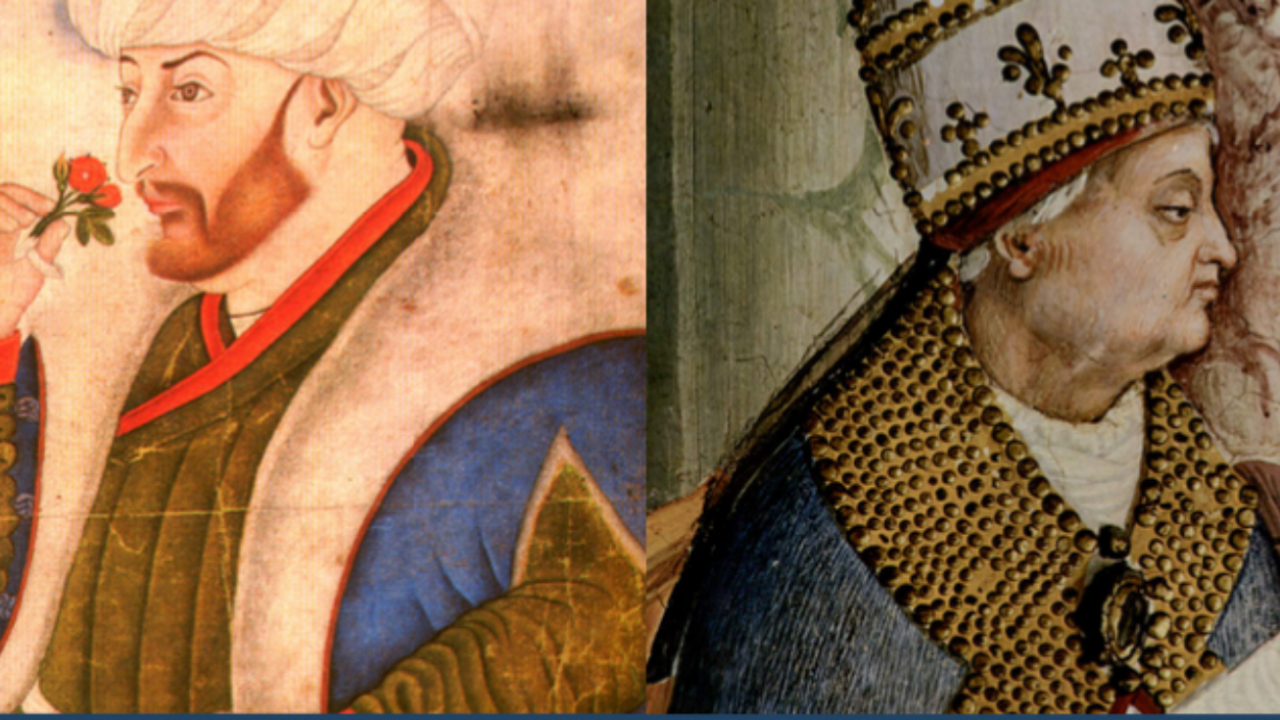
From the 19th to 20th October 2023, a conference on “Briefe des 15. Jahrhunderts als Quellen für interkulturelle Kontakte zwischen Italien und dem Osmanischen Reich” will take place at c:o/re, organized by Florian Hartmann.
